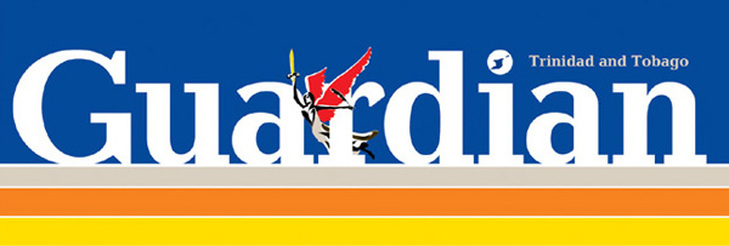Remarking on his life’s journey, Mr Haynes pointed out his path to success was not solely down to his own choices or the top-down advice of experts in rehabilitation; rather, it emerged from the support of friends, church ministers, the establishment of a prison school, and the general welfare system that existed locally.
It was a long list of factors and experience, most of which would be hard to describe as planned. They emerged from the practical realities of the situations he found himself in.
Mr Haynes’ story is worth dwelling on for many reasons but one in particular might be described as, “the trouble with the view from above.” Put most simply, we live in a society where the State puts too much emphasis on experts and top-down, technical prescriptions to our social and cultural problems, while local, practical knowledge, a reservoir of solutions, is left untapped, as though life can be planned uniformly for all.
So, for example, in our fight with crime, we ignore the diverse contexts and environments of our communities and the bottom-up perspectives from locals in those communities, and instead rely on drafting in foreign experts, with some general solutions and universal knowledge about crime.
In our schools, the Minister of Education is wedded to a one-size-fits-all format, turning all our students into the same generic, faceless student, studying the same generic syllabus. We ignore local teachers on the ground and their prescriptions for the schools they work in and know best.
Essentially this is an argument about technical knowledge (techne, or “hard and fast rules”) versus practical knowledge (metis, or improvisation and common sense), and how behind state thinking, engineering, and planning, the techne replaced the metis for purposes of statecraft like governing and taking stock. Yet we don’t recognise the consequences of this monoculturalism and simplistic thinking for a world of complexity and difference.
There are many examples from everyday life that demonstrate where top-down, generalistic thinking fails and bottom-up practical knowledge is required. For example, when large ships are on the open ocean they require a captain with a solid general and technical knowledge of navigation, but when they come into dock, they always call out a local pilot with his everyday, local knowledge of the harbour to bring it into berth.
Or the anecdote told by political anthropologist James C Scott of his fieldwork in a village in Malaysia at whose centre was a cherished mango tree. Unfortunately, over time, the tree came under attack from large red ants which ate all the fruit. So the locals called the government, who sent their expert. His technical knowledge suggested to avoid possible further contamination the tree should be cut down.
Around the same time, an older member of the village had been pottering around the base of the tree for some weeks. When Scott asked him what he was up to, the villager explained he knew the black ants on the other side of the village were the enemies of red ants. He said he knew the black ants bred in the dried nipah palms so he had collected some and placed them in strategic places for the black ants to multiply.
After a few weeks he had an abundance of black ants and moved them to the base of the tree. Over the next few days the ants battled.
At the end the red ants had vanished from the tree, and the black ants—uninterested in mangoes still on a tree—moved away too. The villagers’ favourite tree had been saved and not chopped down. The practical knowledge of the local environment possessed by the gentleman provided a solution to possible contamination and loss the technical and universal knowledge did not. The story is a metaphor for our own social environments.
Now this is not a suggestion to do away with techne, what Scott describes as “thin simplifications”; of course techne has value. Rather it is the argument that our leaders and the State deprive themselves of valuable forms of knowledge to make our society better. By being blindsided by top-down uniform solutions, they ignore bottom-up local ones.
By governing through simplifications, through the generic and the uniform, the State does us all a disservice. Modern social engineering erases the wonders of human difference and instead produces bureaucratic homogeneity and market-driven standardisation. This Scott calls the problem of “seeing like State.”
http://m.guardian.co.tt/columnist/2014-12-07/view-above

 RSS Feed
RSS Feed